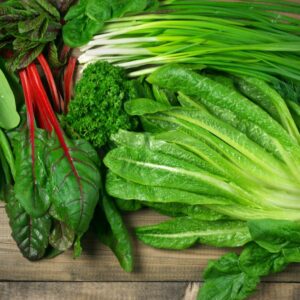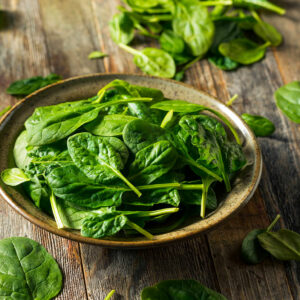
health
Top 4 healthy foods to eat for seniors
Age is a crucial factor that determines a person’s food habits. For example, a certain food, which one can digest easily in their twenties, might not suit them after 50. So, older adults must be careful about their nutritional habits to maintain optimum health. Such individuals need a meal plan that involves nutritious foods that do not take much effort to digest. Keep reading to learn about the best foods for people over 60. Eggs High-protein foods are needed to stabilize the metabolism of the eaten meals in the digestive system. As people age, their caloric requirements decrease while their protein needs are enhanced to minimize muscle loss, a decrease in strength, and deterioration of vital body functions. Foods such as eggs are rich sources of naturally occurring protein. Usually, the recommended protein intake for people is about 0.8 grams of kilograms of their body weight per day. People over the age of 60 will require way more protein than that. Health and nutrition experts suggest that the figure should be at least 1.2 kilograms daily for effective metabolism and functioning. Oatmeal Like protein, fiber is essential for reinforcing the defense mechanism of one’s body as it ages. After 60, one must eat high-fiber foods such as oatmeal, chickpeas, quinoa, flaxseed, and chia seeds to reduce the risk of heart disease, diabetes, metabolic disorders, diverticular disease, and other health conditions brought about by a weakening of the immune system.












